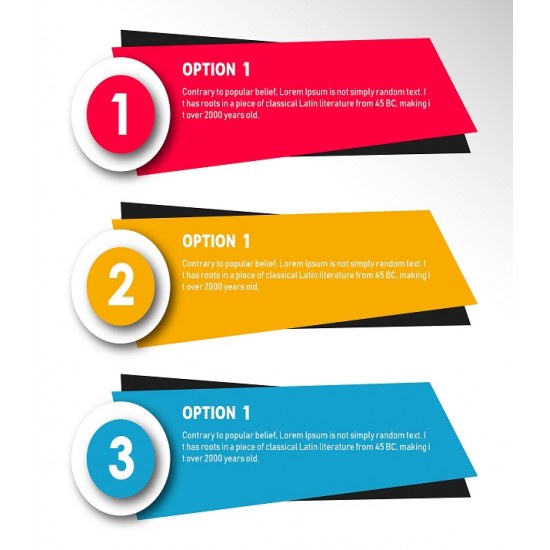
Warehouse Management and Inventory Control - Online Training
$750.00
The cost of a course changes depending on the venue
Objectives
- Planning and organization of stores using the computer.
- Application of inventory control methods using the computer.
- Determine the economic size of the purchase.
- • Development of policies and methods of disposal of rode
Who Should Attend?
- Logistic Managers
- Staff Logistics
- Freight and unloading sector
- Experts in the supply chain and logistics
Seminar Outline
- The function of management of stores and warehouses and their objectives and economies.
- Administrative organization of warehouses and warehouses and their relationship with other departments.
- Types of stores, warehouses, organization and internal equipment.
- Skills and competencies of those responsible for warehouses and warehouses.
- Behavioral skills of warehouse workers.
- Storage, fields, methods and policies.
- Stock types, classification and coding.
- Maintain inventory and maintain its properties.
- Handling and tools - Classification - Monitoring - Security factors - Safety in storage.
DAY 1
- Documentary course for warehouses
- Examination, receipt, exchange, return, inventory, methods, types, procedures, problems, deficit, increase and settlement.
- Inventory planning.
- Storage levels.
- Determine the economic size of the purchase.
DAY 2
- Inventory planning and control systems.
- Specify the minimum, redial, and top limit.
- Warehouse reports.
- The role of the unified accounting system in inventory control.
- The items are damaged in stores or custody.
DAY 3
- Idle stock
- Concept and the circumstances in which it arises.
- Criteria on which to base idle inventory.
DAY 4
- Analyzing, characterizing, arranging and evaluating jobs as a basis for workforce planning.
- Analysis, characterization, ranking and evaluation of posts as a basis for performance evaluation and reporting.
- Information systems.


